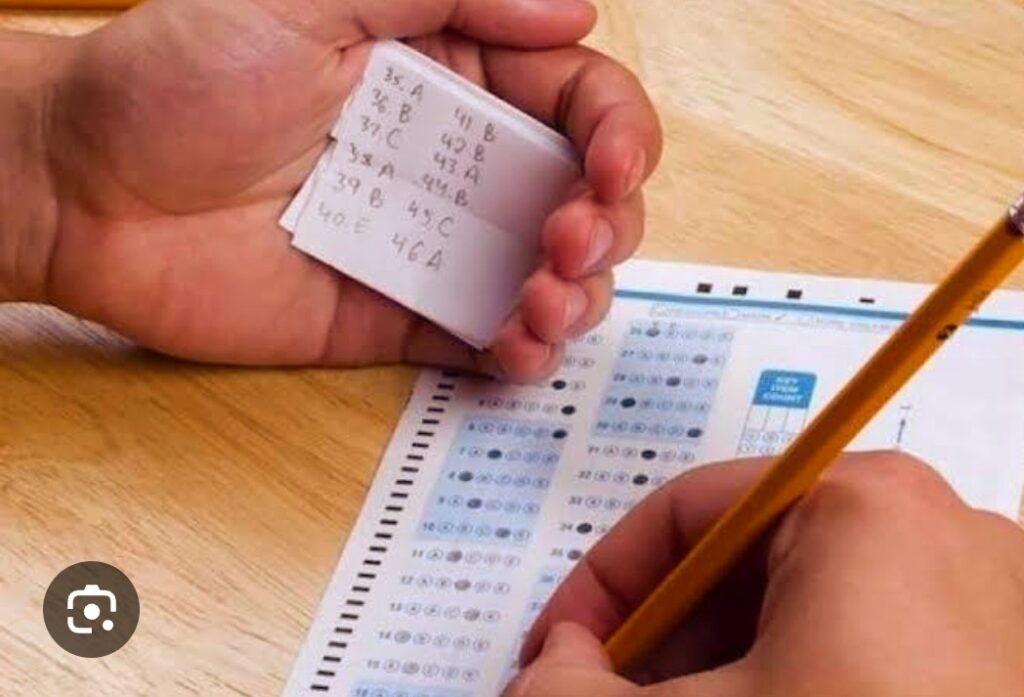Prof. Onimisi Abdullah from the Department of Social Science Education at the University of Ilorin, Kwara State, has shed light on a concerning trend in academic dishonesty.
According to his findings, male students are more likely to engage in cheating during examinations compared to their female counterparts.
This insight was shared during the university 266th lecture, where Prof. Abdullah presented his paper titled “A Psychological Perspective on the Systemic Inconsistencies in the Nigerian Educational System.”
The research embarked on a journey to delve into the psychological facets and developmental patterns of students, aiming to decipher the relationship between background variables and cheating tendencies among students in Nigerian Federal Universities.
As part of the study, a comprehensive 50-item multiple-choice test on developmental psychology was administered to 268 final-year students spanning various programmes.
Prof. Abdullah elaborated on the study’s methodology, explaining, “The sample students sat for the test, and a photocopy of each script was scored and recorded by the researchers.
“Unmarked original answer scripts were then returned to the students, allowing them the opportunity to mark their scripts as lecturers dictated the correct answers.”
He noted that this setup provided students with the opportunity to alter their previous choices if they wished.
The findings were telling: a significant 70.5 percent of students exhibited cheating behavior, with male students showing a higher propensity for all forms of cheating than their female peers.
The study also uncovered an intriguing link between academic ability and cheating. Prof. Abdullah observed, “Cheating was also found to be directly related to the academic ability of the students. The motivation for cheating was higher among low achievers.”
This creates a paradox, as the high rate of cheating does not align with students’ expressed negative attitudes toward dishonest practices.
In light of these findings, Prof. Abdullah urged for a reevaluation of current assessment methods, advocating for more objective means of evaluating learning outcomes beyond traditional written examinations.
He called for the government to develop a more functional educational policy that reflects African personality, moral values, and ethics.
This research not only highlights a significant issue within the educational system but also calls for immediate action to foster integrity and honesty in academic environments.
